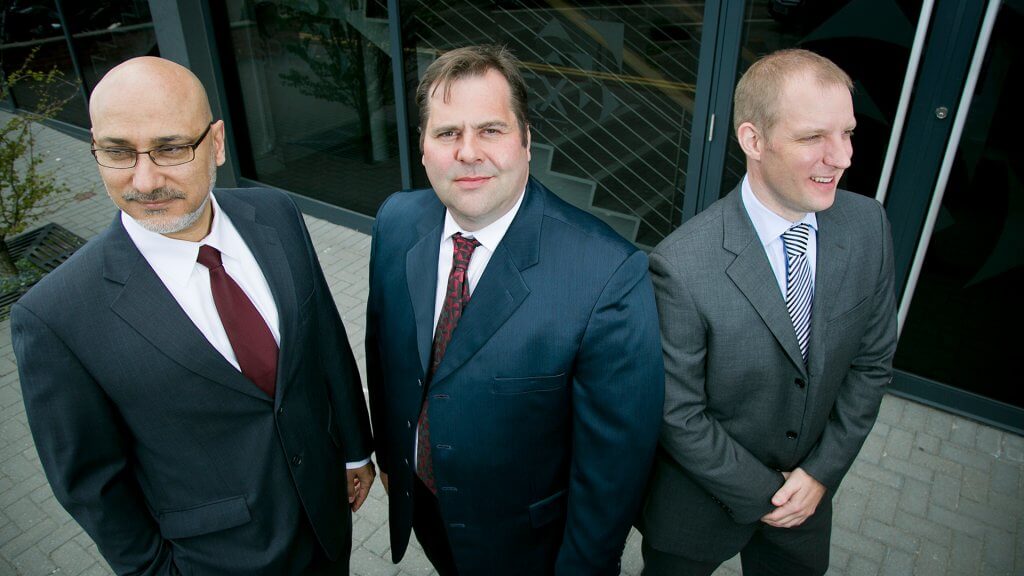
The success or failure of your freelance profession depends on your clients. You must have a solid grasp of how to interact with your customers and be conscious of the fact that no two clients are alike. You should have a plan in place for how to deal with various customers and manage your projects since some are understanding while others are not. So, this essay will tell you five things you can do to make sure your freelance work is successful and grows.
1. Pick Your Projects Carefully
When we first start working for ourselves, for example, with the help of Lensa, we often take on every assignment that comes our way. Most of the time, we are more concerned with making money than with whether we can provide a high-quality service. After all, money is what keeps the company (and you) afloat. You won’t benefit in the long term if you simply accept tasks with an eye on the money.
Although money is significant, it shouldn’t be the determining factor.
Examine every available resource and ask yourself, “Is this project even possible?”Set a limit for yourself and reject tasks when you are full. If you are at your limit, kindly decline or postpone them.
2. Offer a Forecast
When deciding on a fee and giving estimates, there are a few aspects to consider. Consider a scenario where a customer requires a website to be created. Users are asked to add content to a simple administration site for a mobile app so that it can be accessed from the app. The customer solicits bids from two independent contractors. You should always give a detailed estimate and make it clear that any changes or additions to the needs in the future will cost extra. Always be careful to state exactly what you are billing for.
3. Effective communication
Understanding the client’s demands is crucial before you begin a freelance job. It’s possible that the client brief you read wasn’t what they had in mind when they wrote it. Make sure to ask questions and get answers about everything in the brief and any extra materials. Try not to make any assumptions while starting the project, and if you do, be sure to communicate them to the customer.
Whenever you talk about a project, keep the following in mind:
By discussing every aspect of the project, no assumptions should be made.
Make some visual prototypes or mock-ups to make sure you and the customer are on the same page.
Speaking in a language that the customer can understand will help you avoid using technical jargon.
Talking about needs through email should be avoided wherever feasible. Talk in person or set up a video chat to discuss specifics, and after the meeting, make sure to offer a summary of what you discussed, along with any required supporting images.Keep your composure and respond quickly to any correspondence from your customer.
4. Disclose Milestone Publications
It’s common for the finished result to deviate from what the customer had in mind. By using excellent communication and releasing milestones, a complete rebuild may be avoided.
If you are creating an application, for instance, you may divide the program into many modules. Then, each module may be grouped under a distinct milestone. You can give the customer each module as a milestone as it is being built, at a time that works for both of you. This lets you use feedback and ideas from customers at any point in the process, not just at the end.
5: Consider Your Word Before Speaking
New freelancers often make promises they can’t always keep. If your customer is willing to wait two months, there is no use in promising to complete the job in one. The importance of trust in any partnership must be understood by all independent contractors. Trust is a crucial component of a successful freelancer-client relationship. Be cautious not to make commitments only to impress someone or get a job; instead, think about whether you can really keep your promise given your existing circumstances.
Conclusion
When it comes to running a steady freelance business, having good technical skills is just the tip of the iceberg. If you want to be successful as a freelancer, you need to be good at managing your time, your projects, your clients, and how you talk to them.





















